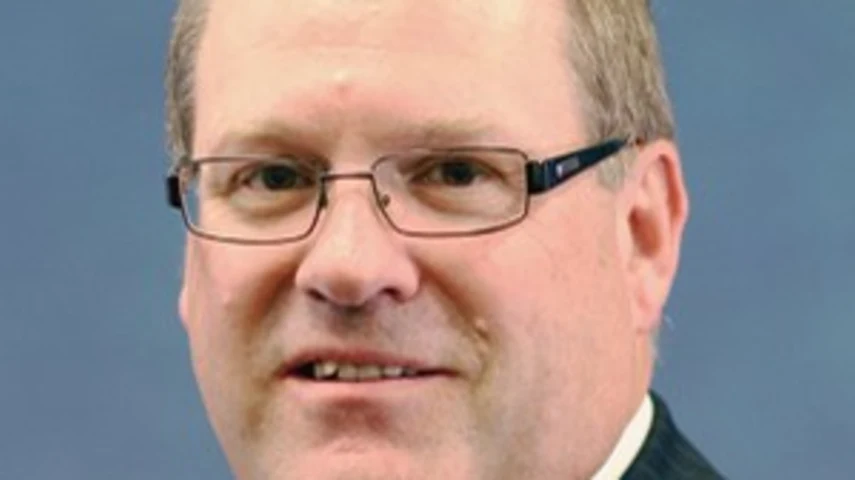If you can't beat SMSFs, join them



Instead of viewing self-managed super funds (SMSFs) as the enemy, industry super funds should start to better understand their appeal and offer similar products, according to Deloitte partner Russell Mason.
Speaking at a roundtable conducted by Super Review, Mason said if industry funds wanted to retain members and stop the outflow to SMSF products, they needed to start offering better alternatives.
He said outflow of members from industry funds and other super entities regulated by the Australian Prudential Regulation Authority (APRA) reflected the attitude of those making the move, but also the amount of investments into the SMSF sector by the big four banks and AMP.
"The big four banks - and you add Macquarie and AMP - have all got substantial entities they own, or are involved with, that benefit from the self-managed fund industry," he said.
"They offer investment platforms, they offer administration etc. From my point of view clearly there's a million Australians with roughly $500 billion in assets that see SMSFs as offering something more than retail or industry funds can offer."
Earlier the chairman of the Australian Institute of Superannuation Trustees (AIST) and chairman of Media Super, Gerard Noonan, expressed concern at the level of outflows from his fund to SMSFs and suggested it represented a problem for other industry funds and APRA-regulated entities.
Noonan said he was concerned that some of the outflows were occurring as a result of the provision of improper advice.
"I do think that there's some clearly improper advice occurring here because one of the things that we do notice of the cohort of people who leave our fund, well over half have got under $30,000 in their account," he said.
"We do detect that there's some improper advice going to a group of these people who are unswayable, even though they've got a relatively small amount in their superannuation account, because they've decided to make the move."
Recommended for you
Australia’s largest super funds have deepened private markets exposure, scaled internal investment capability, and balanced liquidity as competition and consolidation intensify.
The ATO has revealed nearly $19 billion in lost and unclaimed super, urging over 7 million Australians to reclaim their savings.
The industry super fund has launched a new digital experience designed to make retirement preparation simpler and more personalised for its members.
A hold in the cash rate during the upcoming November monetary policy meeting appears to now be a certainty off the back of skyrocketing inflation during the September quarter.










